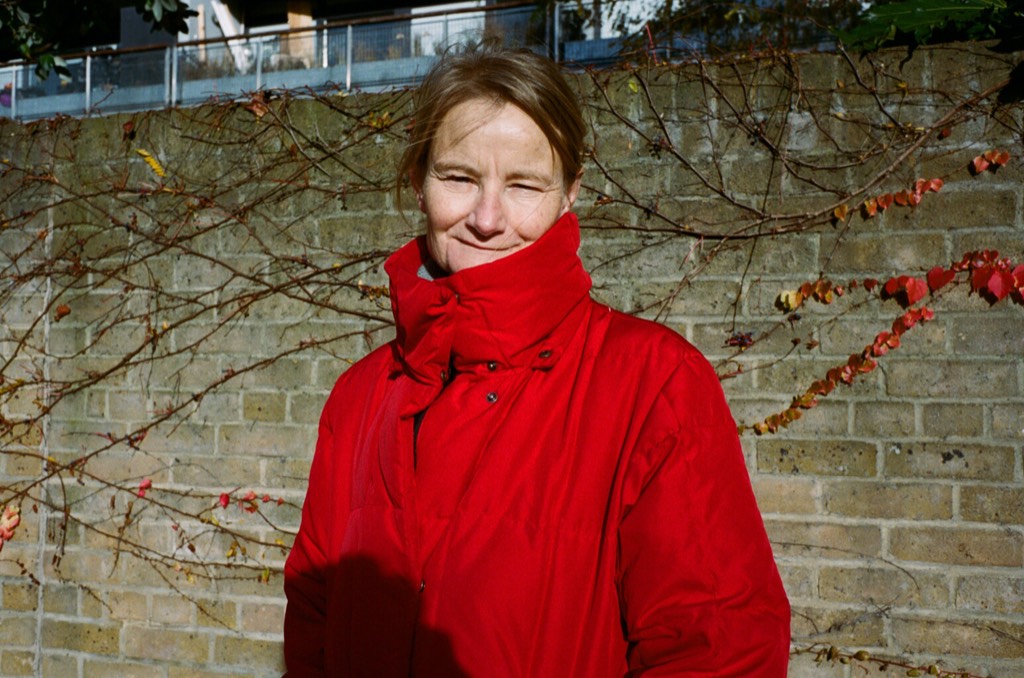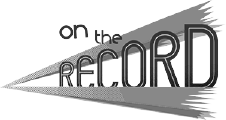Eva Lewin
I suppose it’s very exciting to work with a writer over several years, and see their work develop. I mean, that group that I mentioned that I started at Centerprise called Free Lunch, was really a group for fiction writers who wanted to feedback on each other’s work. It was a selective group, so people, you know, had to apply to join and their work had to be a certain level of confidence for them to join the group. And that was really exciting, working with them, because you saw them, their work grow, you got to know their work in great detail, and you,and you watched them develop and grow. And we all learnt from each other. And, you know, they were all, you know, many of them have gone on to be published, or, you know, have success in short story competitions and things like that. So there was that side of it that is really interesting and, and rewarding. But the other side is the kind of side that you don’t, doesn’t have such a big public face, because it doesn’t end up in a publication and a name that people might recognise or whatever. You’d see the kind of community-based groups, and people would come and they would be very tentative with starting out at the beginning of the course or the project, and by the end they were standing up in front of a bunch of strangers reading their work. And you could see what it meant to them, you know, reading something that probably related to quite a personal experience or drew on their own lives in some way. And that was always very moving, when you saw people do that. Because, people don’t have a lot of opportunity for that in their own lives. You create relationships with other people, don’t you, in workshops, that you might never form with a… And there is a kind of intimacy if it’s run well, and a kind of, camaraderie that’s developed, which, you know, I think people need.
Eva Lewin has a background in theatre and playwriting and joined the Women’s Theatre Workshop in the late 1980s. She worked at the Rio Cinema in the late 1980s and early 1990s and then in 1994 got a job across the road at Centerprise on the new literature development project. This aimed to develop new writing and support writers, particularly those from ethnic minority communities. Eva’s colleague Kadija George produced a magazine called Calabash, published tri-annually, which was aimed at writers of black and Asian descent. The project also organised workshops, creative writing groups and public readings, worked closely with local schools and organised the Hackney Literature Festival in 2004. Eva especially enjoyed organising groups for writers and watching participants’ confidence and skills develop and grow.
Eva describes the lively atmosphere of ‘informality’ and ‘spontaneity’ that Centerprise had in the 1990s. By the time Eva joined, the co-operative had been replaced by hierarchical management and each project planned their own activities and reported to the centre manager. Eva describes how the project was funded and the, at times, difficult relationship with Hackney Council in early 2000s and the disruption caused by largescale building renovations. Eva left Centerprise in 2005 and the literature development project closed around 2008. She values highly Centerprise's work supporting writers and has taken the experience she gained forward to her new place of work, the charity Spread the Word.
Interview by Rosa Vilbr (now Schling)




